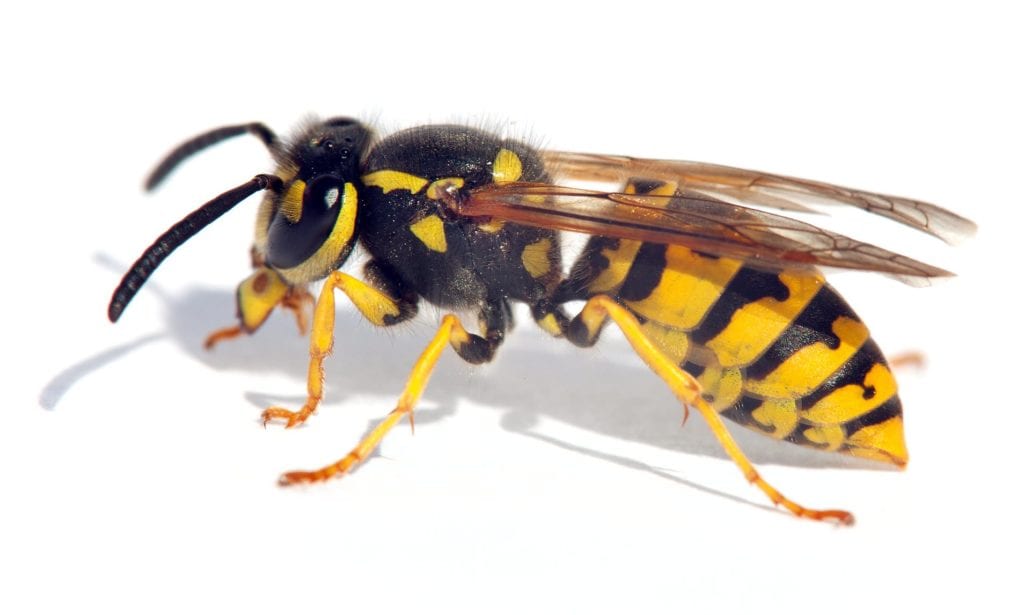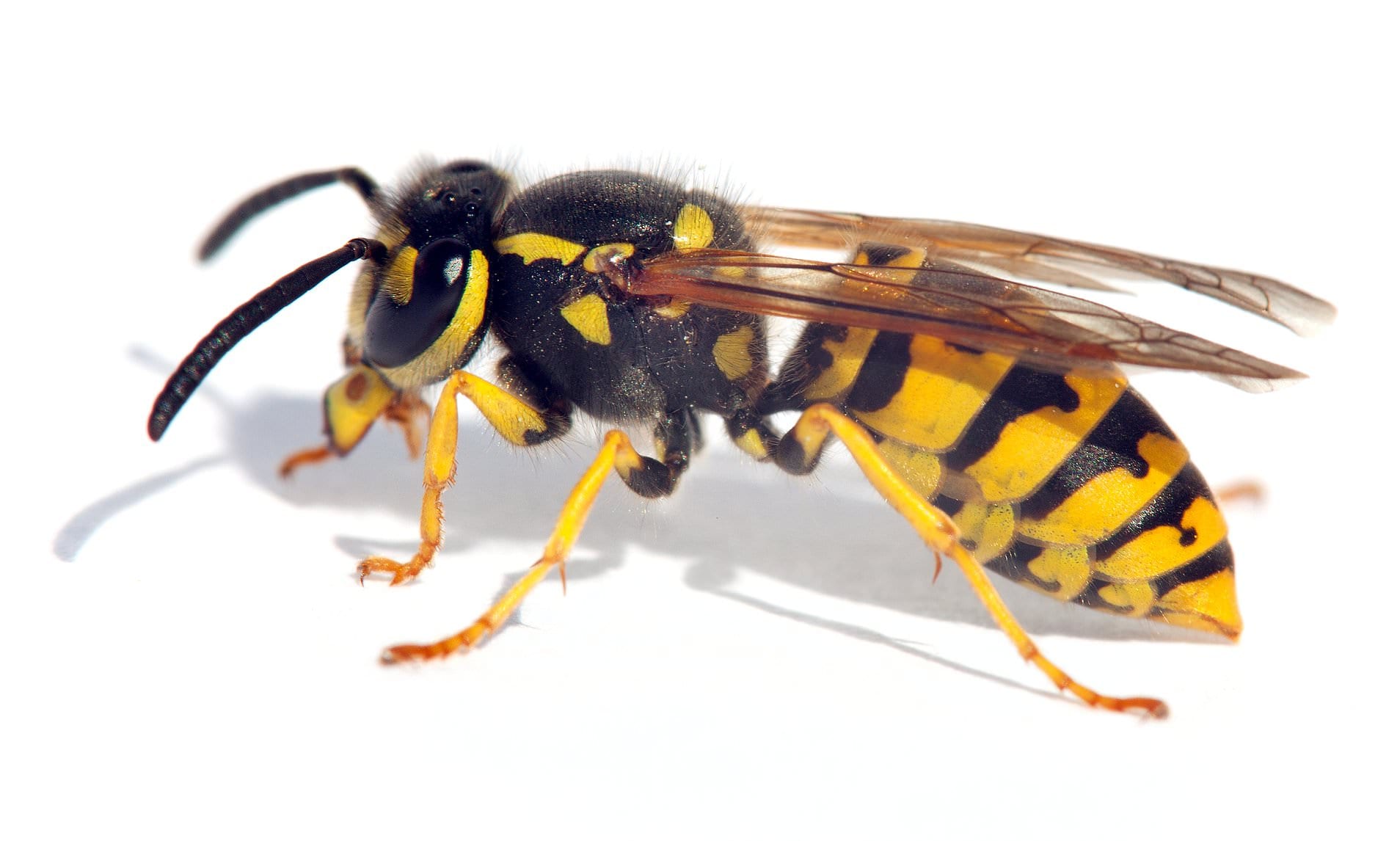
Many people consider wasps annoying insects with no other purpose except that of disturbing us or even stinging. People who do not know too much about these creatures might ask themselves if wasps are good for anything. Unfortunately for them, wasps are actually very misunderstood creatures.
What are they good for?
In case you believe that these insects are mean, stinging creatures, you should think again! Wasps are actually vital to our planet because they perform a very helpful role in gardens and farms alike.
Wasps are beneficial to both the ecosystem and humans because they perform pollination, they are a form of natural pest control, and they have a symbiotic relationship with other creatures.
Pollination
Similarly to bees, wasps are known as good pollinators. Some of them are particularly important for various crops like figs. Wasps look a lot like bees but they are not covered with fuzzy hair.
As a consequence, these insects are not as efficient in pollinating as bees. The reason is that the pollen is less likely to stick to the body to be moved from one flower to another.
Natural pest control
Despite the insect’s poor image, wasps are extremely important for the world’s ecosystems and economy. Without them, the planet would become pest-ridden to a level you can’t even imagine and with biodiversity that would be greatly reduced.
In a world dominated by humans, these creatures are a natural asset as they provide us with free services which contribute to our ecology, economy, and society.
Wasps are everywhere. There are over 110,000 species that have been identified, and it is also estimated that there might still be over 100K other species just waiting to be discovered. By comparison, there are only about 5,400 species of mammals and only 14,000 species of ants that have been recorded.
Wasps have a huge impact on the excess of other arthropods which are the largest class in the animal kingdom. It includes mites, insects, spiders, as well as centipedes. Actually, they are at the top of the invertebrate food chain.
By controlling both plant-feeding and carnivorous arthropod populations, wasps protect plants and invertebrate species. This pest control is undoubtedly the most important role of the wasps from both economical and ecological points of view.
Even though most wasps prefer solitary lives, there are around 1000 species of social wasps that have the most significant impact on insect populations. A social wasp queen shares her nest with thousands of offspring workers.
They raise over 10,000 sibling larvae during the colony’s cycle. In other words, a single nest can provide an astonishing bang for the buck in terms of ecosystem services, by eliminating large numbers of millipedes, crop-devouring insects, as well as spiders.
Many of the social wasps are generalist predators as well. This means that they control the populations of a wide range of species. However, it very rarely happens that they wipe any single species out.
Because of this, they are incredibly useful as they minimize the need for toxic pesticide usage. At the same time, they are unlikely to put prey biodiversity at risk. It would be very helpful to accurately quantify wasps’ massive economic value in this perspective.
However, one thing is for sure, and that is that their diets, which include agricultural pests like aphids, whiteflies, and caterpillars, make a huge contribution to the global food security.
Symbiotic relationship with others
One of the most interdependent pollination symbiosis is the one between fig wasps and figs. If one of them were to disappear, so would the other, as neither of them could complete their life-cycle. This is actually a great textbook example of coevolution. It is estimated to have been continuing for at least 60 million years.
In the tropical regions from all over the world, figs are keystone species because their fruit supports the diets of a minimum of 1,274 birds and mammals. If fig wasps were to go extinct, it would be catastrophic for the tropical ecosystems.
Conclusion
So, you see, wasps are very important to our world. They help gardeners and farmers and also sustain ecosystems. Even if they seem annoying pests to you, they may be helping you without you even realizing it.
If wasps become a real problem, there are various solutions you can try to get rid of them without harming any of them. You can also use wasp traps. You can find out what the best choices are with a little online research.
